Atomic Habits
An Easy & Proven Way to Build Good Habits
What's it about?
Atomic Habits by James Clear is a self-help book that offers a practical guide to building and sustaining good habits while breaking bad ones. Clear provides actionable strategies based on scientific research and real-life examples to help readers understand the importance of small habits and how they can lead to significant personal and professional growth. The book emphasizes the power of tiny changes, habit stacking, environment design, and implementation intentions to create lasting positive habits. Clear also delves into the concept of habit formation and provides practical tips to overcome obstacles and maintain long-term behavior change.
About the Author
James Clear is an author, speaker, and productivity expert known for his work on habits and decision-making. He is best known for his book "Atomic Habits," which has sold millions of copies worldwide. Clear's writing focuses on practical strategies to improve daily habits, make better choices, and maximize productivity. He combines scientific research, personal anecdotes, and actionable advice to provide readers with effective tools for personal and professional growth. Clear's work has been featured in major media outlets, and he is a sought-after speaker at conferences and organizations. Overall, James Clear's expertise lies in helping individuals harness the power of small habits to achieve remarkable results.
15 Key Ideas of Atomic Habits
- How Your Habits Shape Your Identity (and Vice Versa)
- How to Build Better Habits in 4 Simple Steps
- The Man Who Didn’t Look Right
- The Best Way to Start a New Habit
- Motivation is Overrated; Environment Often Matters More
- How to Make a Habit Irresistible
- The Role of Family and Friends in Shaping Your Habits
- Walk Slowly, but Never Backward
- The Law of Least Effort
- The Two-Minute Rule
- The Cardinal Rule of Behavior Change
- How to Stick with Good Habits Every Day
- The Truth About Talent
- The Goldilocks Rule: How to Stay Motivated in Life and Work
- The Downside of Creating Good Habits
Understanding the intricate relationship between our habits and identity is crucial for personal development. It's not just about what we do, but also who we believe we are. This concept reveals that when it comes to habit formation or modification, diving deep into the layers of change can lead to profound transformations.
Three Layers of Habit Change
At the heart of this idea lie three distinct levels at which change operates:
- Outcome Change: This level targets the results you want to achieve.
- Process Change: Here, you focus on altering your habits—the systems in place.
- Identity Change: The deepest level involves changing your beliefs—your sense of self.
While many aim for outcome changes, lasting success often blooms from an identity change. By reshaping who you are—or perceive yourself to be—you set a strong foundation for new behaviors to flourish naturally.
Crafting Identity-Based Habits
The journey towards sustainable habit transformation begins with an inward glance. Instead of asking "What do I want to accomplish?" pivot towards "Who do I want to become?" This shift places emphasis on becoming rather than merely achieving.
Beliefs as Action Catalysts. Our actions mirror our beliefs; by modifying these core perceptions through consistent behavior, enduring changes take root. Each action casts a vote for your desired identity, gradually sculpting a more authentic version of yourself.
Evolving Your Self-Narrative. Personal growth demands continuous refinement—a perpetual state where one edits their beliefs and expands their identity horizon through habitual reinforcement.
Intrinsic Motivation: A Byproduct of Identity Shift
When habits align with identity, they transcend mere routine—they become part and parcel of who we are. This alignment fosters intrinsic motivation; maintaining such habits feels less like a chore and more like an expression of self.
Tactics for Fostering Positive Habits
To navigate this landscape effectively:
- Focus on Identity: Cultivate daily practices that resonate with your envisioned persona.
- Small Wins Reinforce Identity: Celebrate minor victories as affirmations toward your evolving self-concept.
- Continuous Habitual Evolution: Recognize that significant shifts emerge from small yet persistent steps aligned with your ideal self-image.
- Decide Your Desired Self: Define clearly who you aspire to be beyond superficial goals—envision the person capable of those achievements and chart a path backward from there.
- Feedback Loop Driven by Values: Let deeply held values guide feedback loops in habit formation instead being fixated solely on outcomes.
By intertwining these tactics within everyday life, individuals can craft meaningful identities supported by robust habits—an interplay leading not only towards goal attainment but also fostering genuine personal evolution.
Key Examples/Data
- Changing Identity through Habits
- The story of Brian Clark, an entrepreneur, who successfully stopped chewing his nails by changing his identity through habits. Initially, he used willpower to stop chewing his nails, but it was only when he started taking pride in properly caring for his nails that he completely stopped the habit.
- Identity-Based Habits
- The distinction between outcome-based habits and identity-based habits is illustrated through the example of two people declining a cigarette. The first person says, "No thanks. I’m trying to quit," while the second person declines by saying, “No thanks. I’m not a smoker.” This small difference in response signals a shift in identity, where the second person no longer identifies as a smoker.
- Evolution of Identity through Habits
- The gradual evolution of identity through habits is explained, emphasizing that habits are the path to changing one's identity. Each habit is likened to a suggestion of who one is, and every action is considered a vote for the type of person one wishes to become.
- Small Wins Reinforcing Identity
- A friend's experience of losing over 100 pounds by consistently asking herself, "What would a healthy person do?" throughout the day, using this question as a guide to reinforce her desired identity, and eventually becoming that person.
- The Power of Identity Change
- The power of identity change is highlighted through the story of an individual who lost over 100 pounds by consistently acting like a healthy person, reinforcing her desired identity through small steps.
Quotes
- "The ultimate form of intrinsic motivation is when a habit becomes part of your identity."
- "True behavior change is identity change."
- "Your identity emerges out of your habits. Every action is a vote for the type of person you wish to become."
- "Each habit not only gets results but also teaches you something far more important: to trust yourself."
- "The real reason habits matter is not because they can get you better results (although they can do that), but because they can change your beliefs about yourself."
- "Ultimately, your habits matter because they help you become the type of person you wish to be."
Atomic Habits Summary: Common Questions
Delving into our daily routines, it's startling to realize that our lives are essentially an accumulation of habits. 'Atomic Habits' by James Clear is not just another self-help book; it's a deep dive into the minuscule behaviors that shape our destinies. Clear doesn't just lay out the "what" of habits; he masterfully uncovers the "how" and "why".
Clear's methodical approach to habit formation and breakage is grounded in science, yet delivered with the finesse of a storyteller. He paints a vivid picture of how small changes, consistently applied, can lead to significant transformations over time. While the core message is undeniably impactful, some might yearn for more diverse examples outside the realms of common personal and professional development scenarios. But this doesn't detract from the book's overall potency.
Among the plethora of books on personal development, 'Atomic Habits' stands as a testament to the power of consistency and incremental progress. It's a compelling read that I'd enthusiastically rate 4.9 out of 5. Clear's work is a reminder that it's not always the grand gestures but the subtle, daily choices that carve out our path.
Experience Personalized Book Summaries, Today!
Discover a new way to gain knowledge, and save time.
Sign up for our 7-day trial now.
No Credit Card Needed

Similar Books
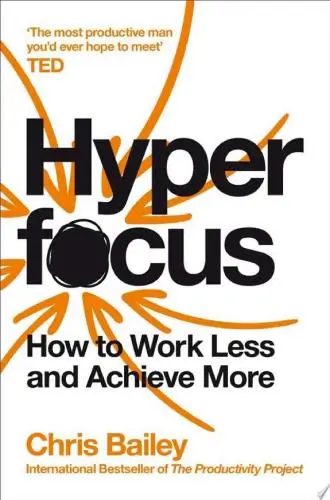
Hyperfocus
Chris Bailey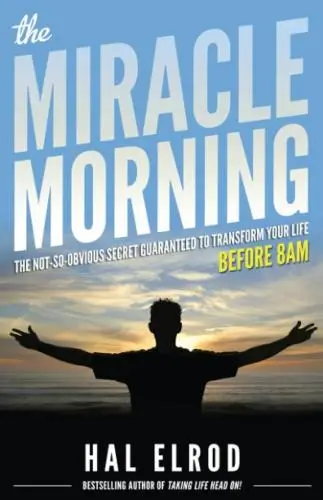
The Miracle Morning
Hal Elrod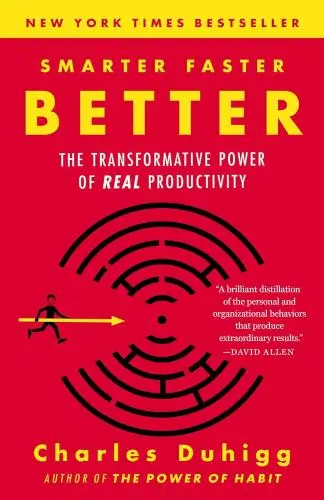
Smarter Faster Better
Charles Duhigg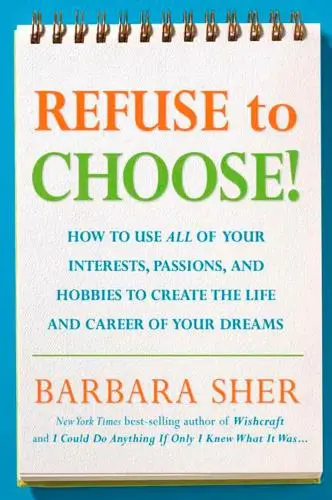
Refuse to Choose!
Barbara Sher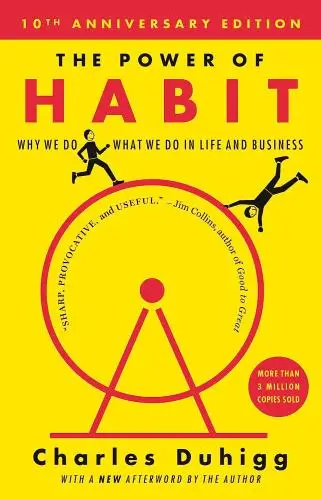
The Power of Habit
Charles Duhigg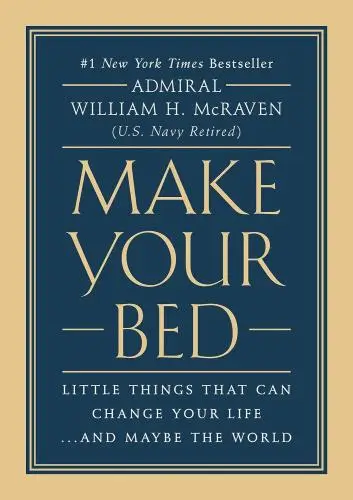
Make Your Bed
William H. McRaven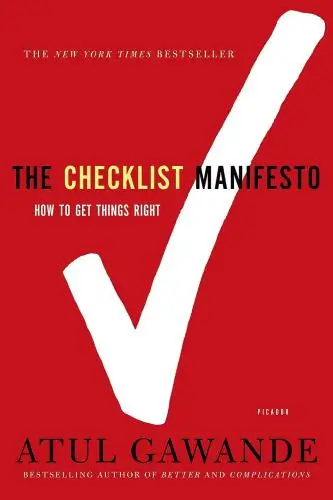
The Checklist Manifesto
Atul Gawande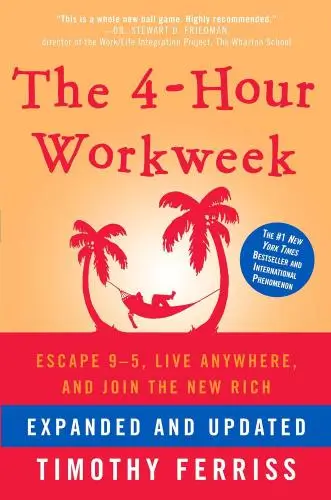
The 4-Hour Workweek
Timothy Ferriss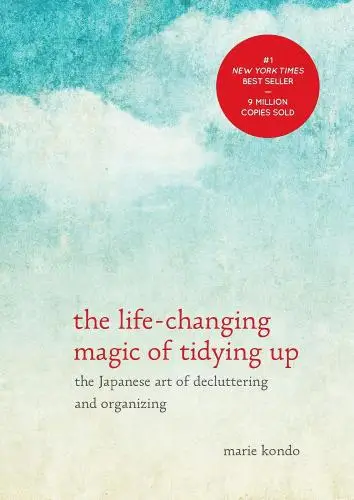
The Life-Changing Magic of Tidying Up
Marie Kondō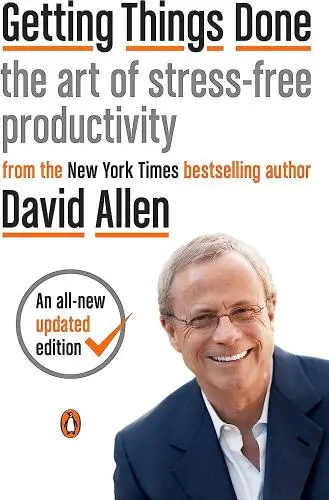
Getting Things Done
David AllenTrending Summaries

Peak
Anders Ericsson
Never Split the Difference
Chris Voss
Smart Brevity
Jim VandeHei
The Psychology of Money
Morgan Housel
The First 90 Days
Michael D. Watkins
Atomic Habits
James Clear
Thinking, Fast and Slow
Daniel Kahneman
The Body Keeps the Score
Bessel van der Kolk M.D.
The Power of Regret
Daniel H. Pink
The Compound Effect
Darren HardyNew Books

Forex Trading QuickStart Guide
Troy Noonan
Comprehensive Casebook of Cognitive Therapy
Frank M. Dattilio
The White Night of St. Petersburg
Michel (Prince of Greece)
Demystifying Climate Models
Andrew Gettelman
The Hobbit
J.R.R. Tolkien
The Decision Book
Mikael Krogerus
The Decision Book: 50 Models for Strategic Thinking
Mikael Krogerus
Fichte
Johann Gottlieb Fichte
Do No Harm
Henry Marsh
